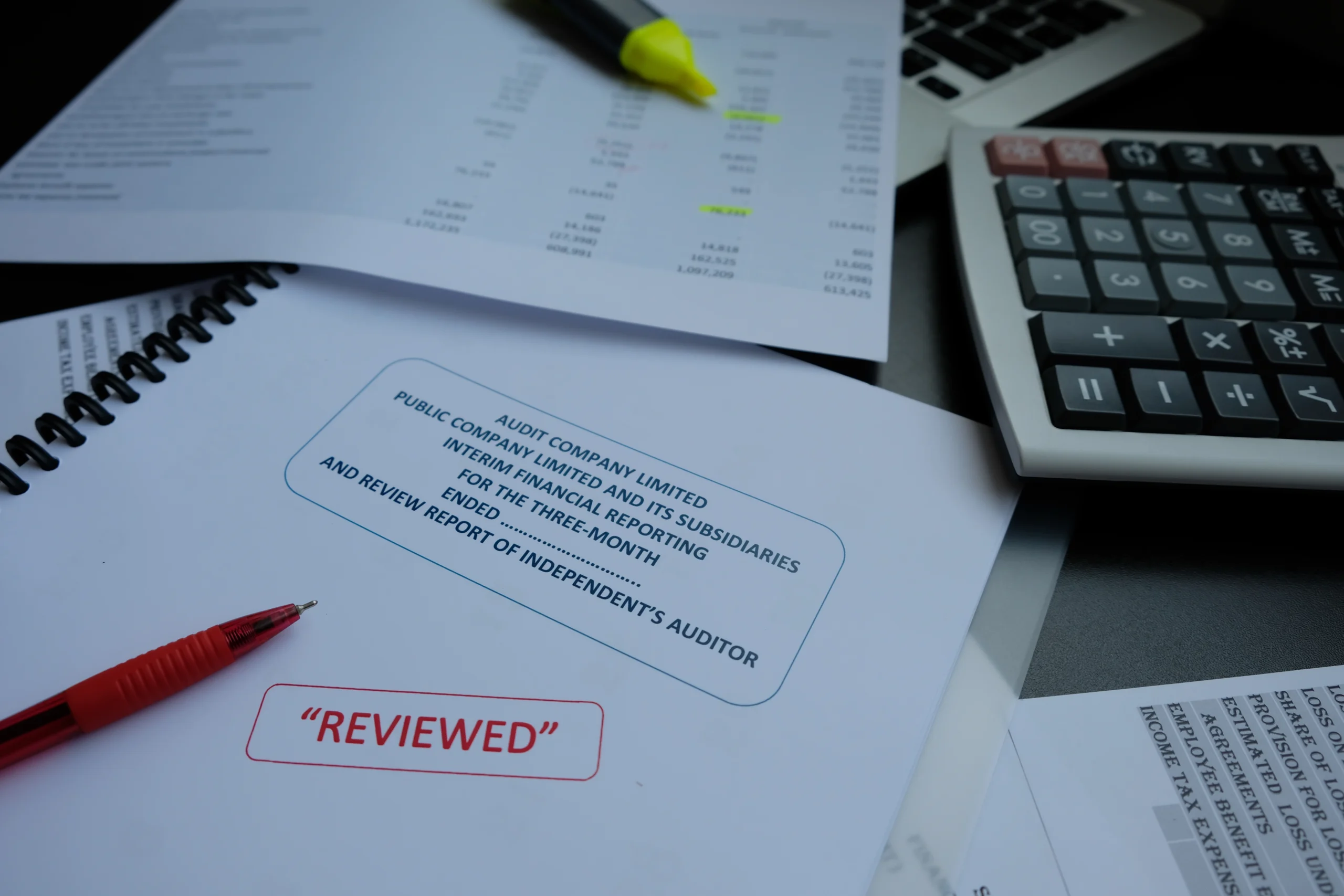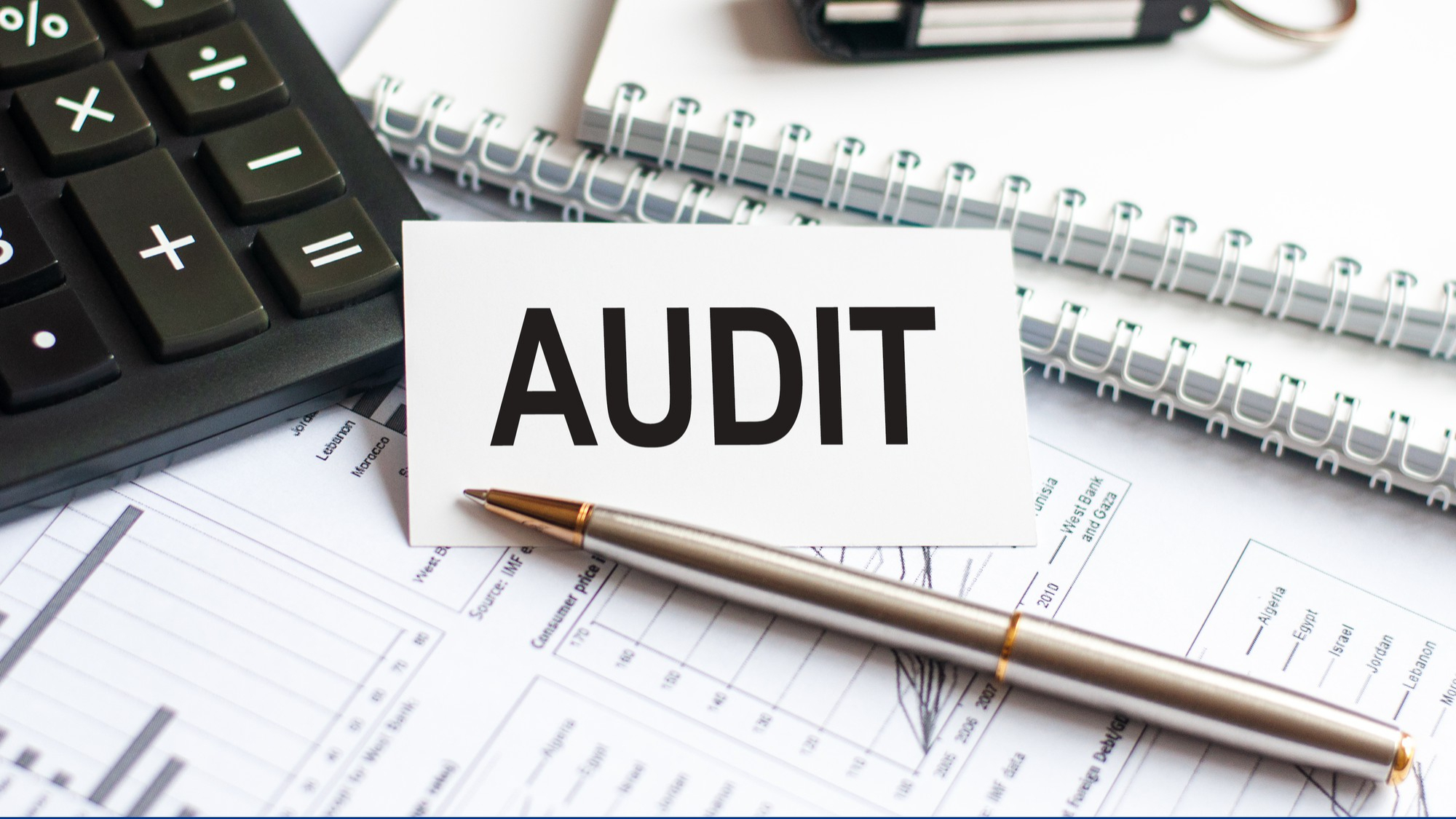Understanding how far back the IRS can audit a business is crucial for every entrepreneur. Keeping your business safe from unexpected tax troubles starts with knowing the rules, common triggers, and smart preparation steps. This complete guide answers your questions and helps you stay ahead in 2025, with practical tips and actionable pointers.
Latest News and Facts & Why You Should Care
- IRS update of 2025: The majority of the audits are limited to 3 years, but can be extended to six years in certain cases. There are situations where the statute of limitations never expires. This can happen when the taxpayer files a fraud return or a return is never filed.
- Automated IRS systems : The new technology also enables the automated IRS systems to identify a suspicious business return within a shorter period.
- Audit risk: Very few companies are audited; however, you are audited more when you have multiple losses, you are a high revenue-generating company or a heavy user of cash.
- New IRS focus: Income earned in the gig economy, cryptocurrency, and digital payments are becoming an even bigger target than before.
Are your business tax records secure enough for an audit that could review your financials from six years ago, or even more, in specific cases? Read on to discover your actual audit risk.
Understanding How Far Back Can IRS Audit a Business
The IRS usually audits the past three years of business returns, but that window can extend to six years, or indefinitely, in cases of significant errors or fraud. Below, we explain the audit timeline, common triggers, and how the statute of limitations works.
The Standard IRS Audit Window
Knowing how far back IRS can audit a business helps you keep calm at tax time. For most companies, the IRS typically examines tax returns filed in the last 3 years. This window is called the statute of limitations or IRS audit period.
- Three-year rule: If you filed your 2022 return on April 15, 2023, the IRS can audit that year until April 15, 2026.
- Six-year extension: If your reported income is off by more than 25%, or you left out some substantial foreign income, the audit period can extend to 6 years.
- Indefinite audits: Didn’t file a fraudulent return? The IRS can revisit your records anytime, even after 10, 15, or more years.
Always file complete, truthful tax returns to protect your business from open-ended IRS reviews.
IRS Business Audit Triggers and Red Flags
What leads the IRS to pick your business for an IRS business audit? Triggers and red flags matter. IRS business audit triggers include:
- Mismatched income: Numbers on your return don’t match IRS forms (1099s, W-2s).
- Large or questionable deductions: Unusually high deductions, especially for travel, meals, or entertainment.
- Consistent losses: Claiming business losses year after year may lead the IRS to wonder if you’re running a business or a hobby.
- Frequent cash transactions: Cash-heavy businesses attract more scrutiny.
- Employee misclassification: Treating employees as contractors to dodge taxes is a big red flag.
- Prior audit history: If you, your business partners, or investors were previously audited, the risk goes up.
Stay alert for changes that make your return look different from industry norms, document your reasons, and keep extra records when in doubt.
IRS Audit Statute of Limitations Explained
The statute of limitations means the window during which the IRS can legally assess taxes. For most returns, this is three years, but exceptions matter.
- Standard: Three-year IRS look-back window.
- Major error: Six years if substantial income was left off your return.
- No return or fraud: No limit; the IRS can audit anytime.
- Audit period: Start counting from the latter of the tax due date or the filing date.
For a regular reminder, set a calendar reminder each year for when your statute of limitations expires for old tax returns.
Also Read: IRS Income Tax Audit: Understanding the Process & How to Prepare?
What Happens During an IRS Business Audit?
An IRS business audit involves a thorough review of your financial records to ensure tax compliance. Below, we cover the audit process overview and the documentation and recordkeeping requirements you’ll need to be prepared.
Audit Process Overview
An IRS business audit can look intimidating, but understanding the audit process helps. Here’s what to expect:
- Audit notification: You’ll get a formal letter from the IRS, not a phone call.
- Type of audit: Could be handled by mail (correspondence audit), at an IRS office (office audit), or your business (field audit).
- Document request: The IRS will ask for specific receipts, invoices, payroll records, contracts, and bank statements.
- IRS review: They review your records, sometimes asking for more detail if they spot something odd.
- Outcome: The audit closes with one of three outcomes:
- No changes needed (your return stands).
- You owe more tax (plus possible penalties and interest).
- You get a refund (rare, but possible).
- Timeline: Many audits close within a year—being prepared can speed up this process.
Documentation and Recordkeeping Requirements
Every business needs audit-ready records. Here’s what the IRS expects:
- Keep these for at least 6 years:
- Tax returns
- Receipts and invoices
- Bank and credit card statements
- Payroll logs
- Contracts, legal documents
- Mileage logs and travel justifications
- IRS documentation: Hold onto records longer if you have complex deductions or reported losses.
Well-organized records are your easiest line of defence in any business tax audit. Create digital backups of all key documents and keep them labelled by tax year.
How to Prepare Your Business for an IRS Audit?
Preparing your business for an IRS audit means staying organized and proactive. Below, we outline how to organize tax records and evidence, and how to respond to IRS requests effectively.
Organizing Tax Records & Evidence
Preparation is peace of mind. Here’s how to prepare for an IRS audit and make an IRS business audit checklist:
- Sort records by year: Use folders (physical or digital) for each tax year.
- Label everything: Mark travel, business entertainment, and large purchases.
- Track income sources: Match deposits with invoices, contracts, and third-party forms (like 1099s).
- Audit documentation: Double-check supporting evidence for your most significant deductions.
- Update contacts: Make sure your bookkeeper and tax advisor have all the info they need.
Responding to IRS Requests Effectively
Getting an IRS audit letter? A fast, organized response is key to a smooth outcome.
- Read the notice: Don’t ignore it—note what documents are needed and any deadlines.
- Respond completely: Include everything the IRS asks for; missing info can delay or worsen results.
- Be calm and professional: Never panic or get emotional in communication.
- Ask for help: For complex audits, call a tax professional or an IRS representation service.
Contact Hall’s IRS if you need quick, professional IRS audit help! Don’t face the IRS alone.
Also Read: Audit vs Tax Accounting: Key Differences Explained
Latest IRS Rules, Changes & News (2025)
Staying up-to-date helps stay compliant. Here are 2025’s key IRS audit updates for businesses:
- The IRS targets digital and peer-to-peer payment platforms (Venmo, Zelle, PayPal).
- Greater scrutiny over entertainment, travel, and large deduction claims.
- Big push to audit more high-income businesses and wealthier individuals.
- The IRS is using AI and advanced analytics to spot patterns in small business tax returns.
As the IRS changes tactics, work with a tax pro to update your processes yearly! Review past returns for missed or outdated details.
Common Myths and Misconceptions About IRS Business Audits
Many business owners have misconceptions about how IRS audits work. Below, are some of the common myths:
Myth: The IRS Never Audits After Three Years
FALSE. While 3 years is standard, don’t assume you’re safe after that. Major errors or fraud can result in longer audits, sometimes decades later.
Myth: Small Businesses Don’t Get Audited
Any business, no matter how small, can be audited if there are IRS business audit triggers or the automated systems flag your return. Red flags, not revenue alone, drive selection.
Choosing Professional Help for an IRS Business Audit
Knowing when to involve a professional can help you handle the audit process more effectively.
When to Hire an IRS Audit Lawyer or Specialist
You can try to handle simple correspondence audits yourself. For field audits, complex issues, extensive assessments, or if you feel lost, it is advised to contact an expert.
Benefits include:
- Precise documentation preparation involves organizing evidence that the IRS requests.
- Professional IRS representation if you disagree with the findings.
- Direct communication with the auditor (reducing your stress).
- Guidance on audit disputes and appeal options.
Hall’s IRS: Professional IRS Business Audit Support
At Hall’s IRS, experienced Enrolled Agents and tax experts led by Tina Hall help at every step of the IRS business audit process.
- We prepare and organize tax documents for you.
- We communicate directly with the IRS, so you don’t have to.
- Our team negotiates audit adjustments and penalty relief.
- Peace of mind, backed by years of experience in complex and routine audits.
Contact us at (478) 455–4615 or visit us at 314 Old Nunez Rd, Swainsboro, GA.
Don’t risk going it alone; let Hall’s IRS protect you, your business, and your peace of mind.
Conclusion
To protect your business, understand that the IRS typically audits up to three years back but can go further for significant issues or missing returns. Stay prepared by keeping detailed, organized records for at least six years. Always respond promptly and professionally to IRS notices, seeking expert support when needed. Hall’s IRS is available to assist you throughout the entire process, from preparation to resolution.
Get in touch with Hall’s IRS today for audit support and tax help.
FAQ's
Irrespective of the year of assessment, the IRS is allowed to access the previous three years. It is increased to six years in case of a substantial underreporting of incomes. There is no statute of limitations when you did not file or you committed fraud.
And, yes, IRS can audit your company, more than once, in case new anomalies or discrepancies related to various tax years are identified. Depending on the information the IRS might discover or the way prior audits failed to address all the issues, multiple audits can take place
The most typical identifiers are underreported income, huge or suspect deductions, recurrent losses, large amounts of cash transactions, or previous IRS attention to you or your partners.
The type of your business can be a factor that contributes to an audit because some of the business sectors can come into closer consideration because they are related to increased risks or prevalent compliance shortcomings.
When you get a result you disagree with an IRS audit, you may take an appeal within the same IRS. When the problem is not dealt with, you can transfer your case to tax court. It is highly advisable that you seek professional advice in this process to safeguard the right.








